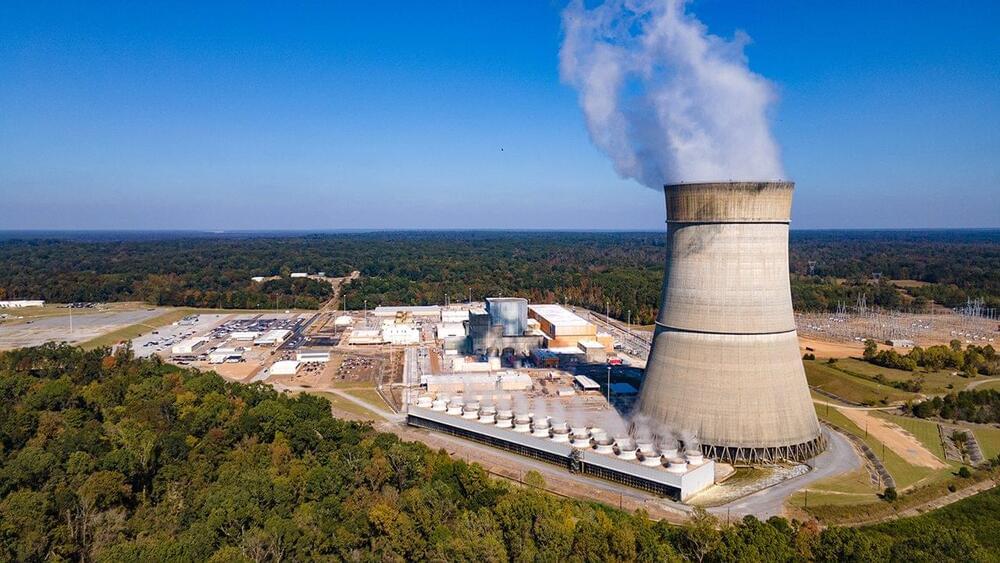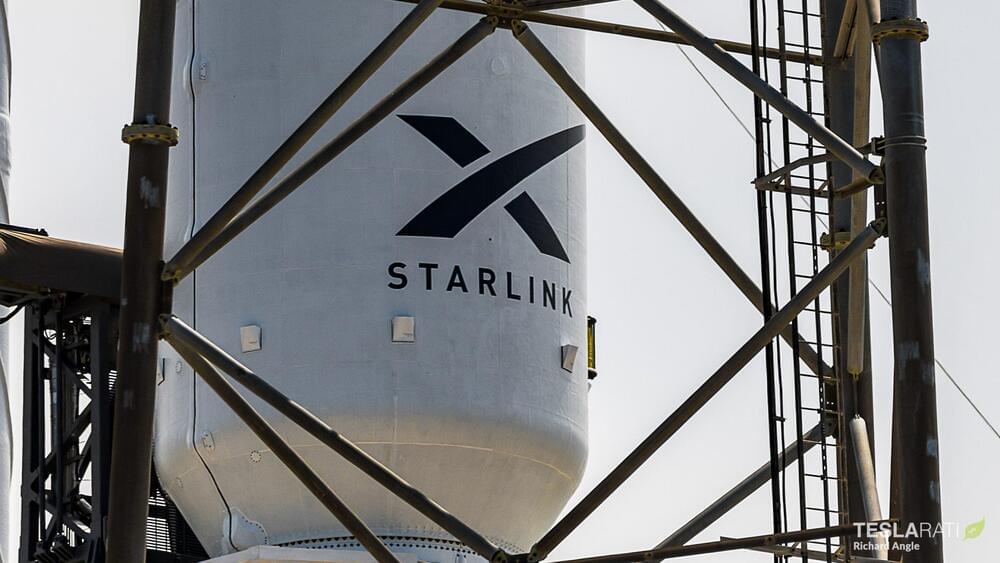How will AI improve our lives in the years to come? From its inception six decades ago to its recent exponential growth, futurist Ray Kurzweil highlights AI’s transformative impact on various fields and explains his prediction for the singularity: the point at which human intelligence merges with machine intelligence.
If you love watching TED Talks like this one, become a TED Member to support our mission of spreading ideas: https://ted.com/membership.
Follow TED!
X: / tedtalks.
Instagram: / ted.
Facebook: / ted.
LinkedIn: / ted-conferences.
TikTok: / tedtoks.
The TED Talks channel features talks, performances and original series from the world’s leading thinkers and doers. Subscribe to our channel for videos on Technology, Entertainment and Design — plus science, business, global issues, the arts and more. Visit https://TED.com to get our entire library of TED Talks, transcripts, translations, personalized talk recommendations and more.
Watch more: https://go.ted.com/raykurzweil.





